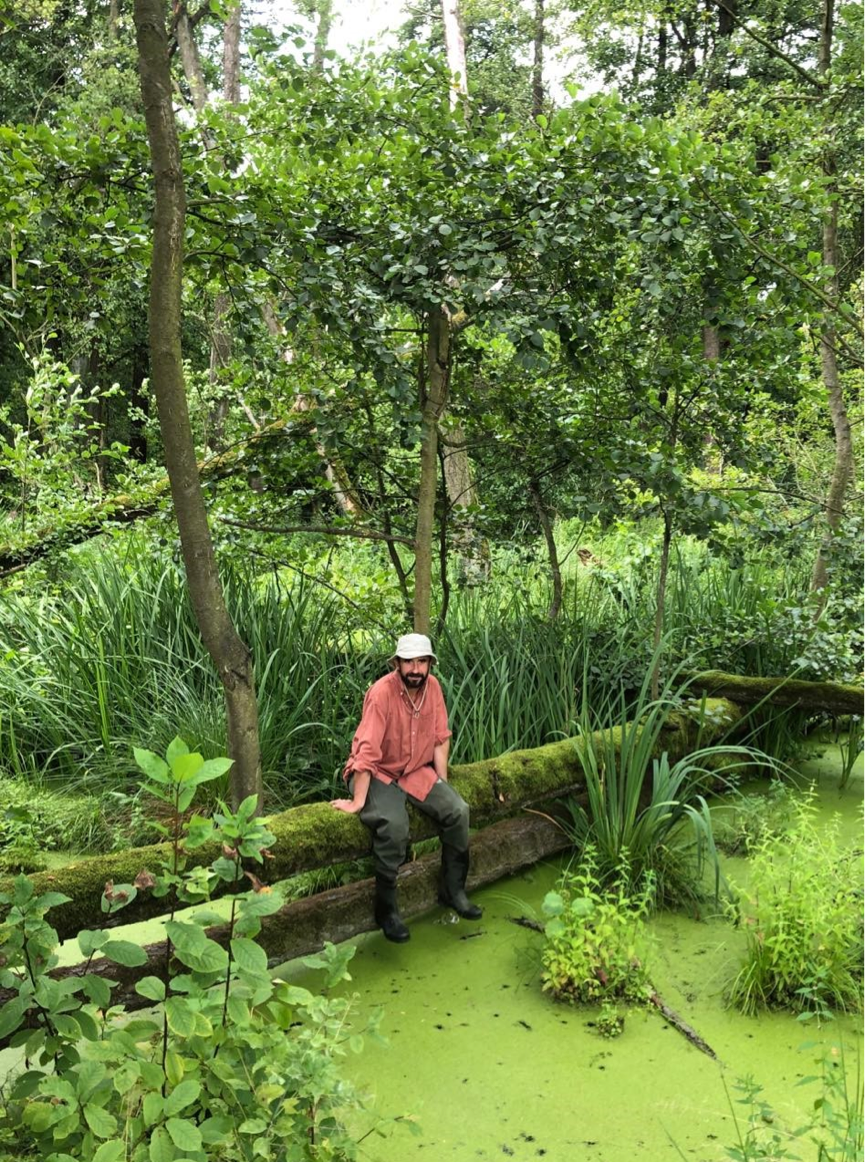Wetlands, Climate, and Extinction Rebellion
Dr hab. Wiktor Kotowski, Prof. UW
Faculty of Biology, University of Warsaw, Poland
Venue: Wednesday, 09.10.2019, 13:00 seminar room 0187.
How to get there: Please look for signs placed next to CeNT door entrance that will guide you to seminar room 0187.
 Wetlands are amongst the most rapidly declining ecosystems of the Earth, along with them numerous wetland species vanish at high rates. At the same time, wetlands play an exceptionally important role in biosphere functioning, including cycling of water and nutrients, carbon sequestration and regulation of the global and local climate. Among wetland types, mires (living peatlands) are especially important as the most area-effective carbon stores of the terrestrial biosphere (thus playing key role in global climate regulation), whereas rivers – understood as systems functionally connected with their surroundings, i.e. catchments, valleys, and floodplains – are instrumental for regulating water cycling and regional hydrological and micro-climatological conditions. These ecosystem services have been largely lost due to drainage of wetlands and regulation of rivers, and they can only be regained by large-scale ecological restoration projects. Yet, despite a growing body of evidence on the importance of wetlands ecosystem services, their degradation continues. while restoration projects are usually constrained to a small scale and boundaries of protected areas. Similarly to the transition to sustainability in other sectors of the economy, the management of wetlands needs a change of paradigms from market-centered to an eco-centric vision of land stewardship. And, just like in other sectors, we cannot wait and keep watching how drainage of wetlands contributes to growing CO2 emissions. Extinction Rebellion (XR) is a global movement, which demands a change toward sustainability right now. One of the first actions of XR Poland was targetted at the protection of rivers, with their multiple ecosystem services. As much as it may sound desperate, I tend to believe that after decades of inactivity in the field of ecosystem restoration and conservation, only drastic methods are left to awake the society, politicians, and decision-makers. If this doesn’t succeed, wetlands will re-gain anyway but only after our (human) time is passed.
Wetlands are amongst the most rapidly declining ecosystems of the Earth, along with them numerous wetland species vanish at high rates. At the same time, wetlands play an exceptionally important role in biosphere functioning, including cycling of water and nutrients, carbon sequestration and regulation of the global and local climate. Among wetland types, mires (living peatlands) are especially important as the most area-effective carbon stores of the terrestrial biosphere (thus playing key role in global climate regulation), whereas rivers – understood as systems functionally connected with their surroundings, i.e. catchments, valleys, and floodplains – are instrumental for regulating water cycling and regional hydrological and micro-climatological conditions. These ecosystem services have been largely lost due to drainage of wetlands and regulation of rivers, and they can only be regained by large-scale ecological restoration projects. Yet, despite a growing body of evidence on the importance of wetlands ecosystem services, their degradation continues. while restoration projects are usually constrained to a small scale and boundaries of protected areas. Similarly to the transition to sustainability in other sectors of the economy, the management of wetlands needs a change of paradigms from market-centered to an eco-centric vision of land stewardship. And, just like in other sectors, we cannot wait and keep watching how drainage of wetlands contributes to growing CO2 emissions. Extinction Rebellion (XR) is a global movement, which demands a change toward sustainability right now. One of the first actions of XR Poland was targetted at the protection of rivers, with their multiple ecosystem services. As much as it may sound desperate, I tend to believe that after decades of inactivity in the field of ecosystem restoration and conservation, only drastic methods are left to awake the society, politicians, and decision-makers. If this doesn’t succeed, wetlands will re-gain anyway but only after our (human) time is passed.